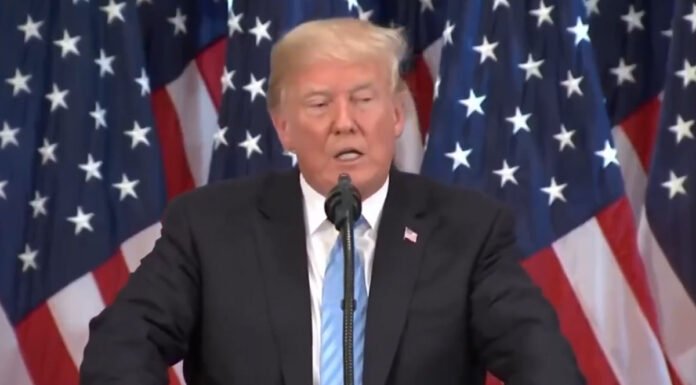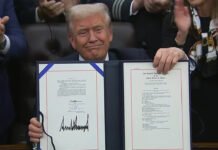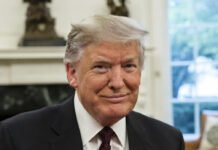Washington, D.C. | November 24, 2025 — President Donald Trump’s new executive order blocking states from imposing their own artificial intelligence regulations has ignited a sharp divide within the Republican Party, as lawmakers argue over the long-term risks and economic fallout of limiting local oversight.
The order centralizes authority over AI policy at the federal level, preventing states from implementing individual safeguards related to data privacy, algorithmic use, workplace automation, and child protection. The White House argues that a unified national framework is essential to prevent “overregulation” and keep the U.S. competitive in global AI development.
But the move triggered immediate pushback from several GOP governors and lawmakers who fear that sidelining state oversight could endanger workers, weaken consumer protections, and expose children to harmful uses of AI-driven platforms. Some Republicans warn that unregulated automation could accelerate job losses in manufacturing, logistics, and retail — key sectors in their constituencies.
Child safety advocates within the party also argue that states need freedom to enforce strong AI rules to combat deepfakes, online exploitation, and algorithmic manipulation targeting minors.
Despite the internal friction, Trump maintains that excessive state-level rules would stifle innovation and burden American companies with a patchwork of conflicting policies. Supporters of the order contend that federal preemption is necessary to encourage investment and technological leadership.
Democrats, meanwhile, have seized on the GOP divide, criticizing the administration for prioritizing corporate interests over public safety and worker protections.
As the executive order takes effect, legal challenges from states are expected, setting the stage for another major clash over the future of AI governance in the United States.
















